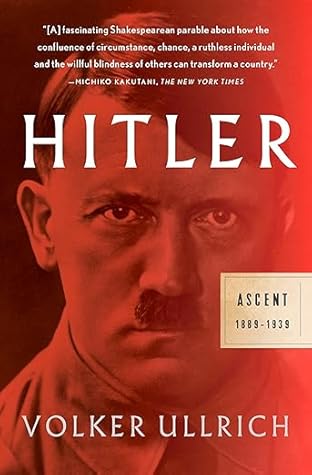The future president of the post-war Federal Republic of Germany captured the dual nature of the Nazi movement. On the one hand, Heuss found, it inhabited a world of strong emotions and passions. These were evident in the Führer cult, the pseudo-religious faith followers invested in one man and his world view, and the mass psychosis triggered by his public appearances. On the other hand, though, there was the bureaucratic apparatus, the strongly organised, highly efficient party machinery aimed solely at acquiring political power. “Rationalistic power calculations coexist side by side with
...more
This highlight has been truncated due to consecutive passage length restrictions.


